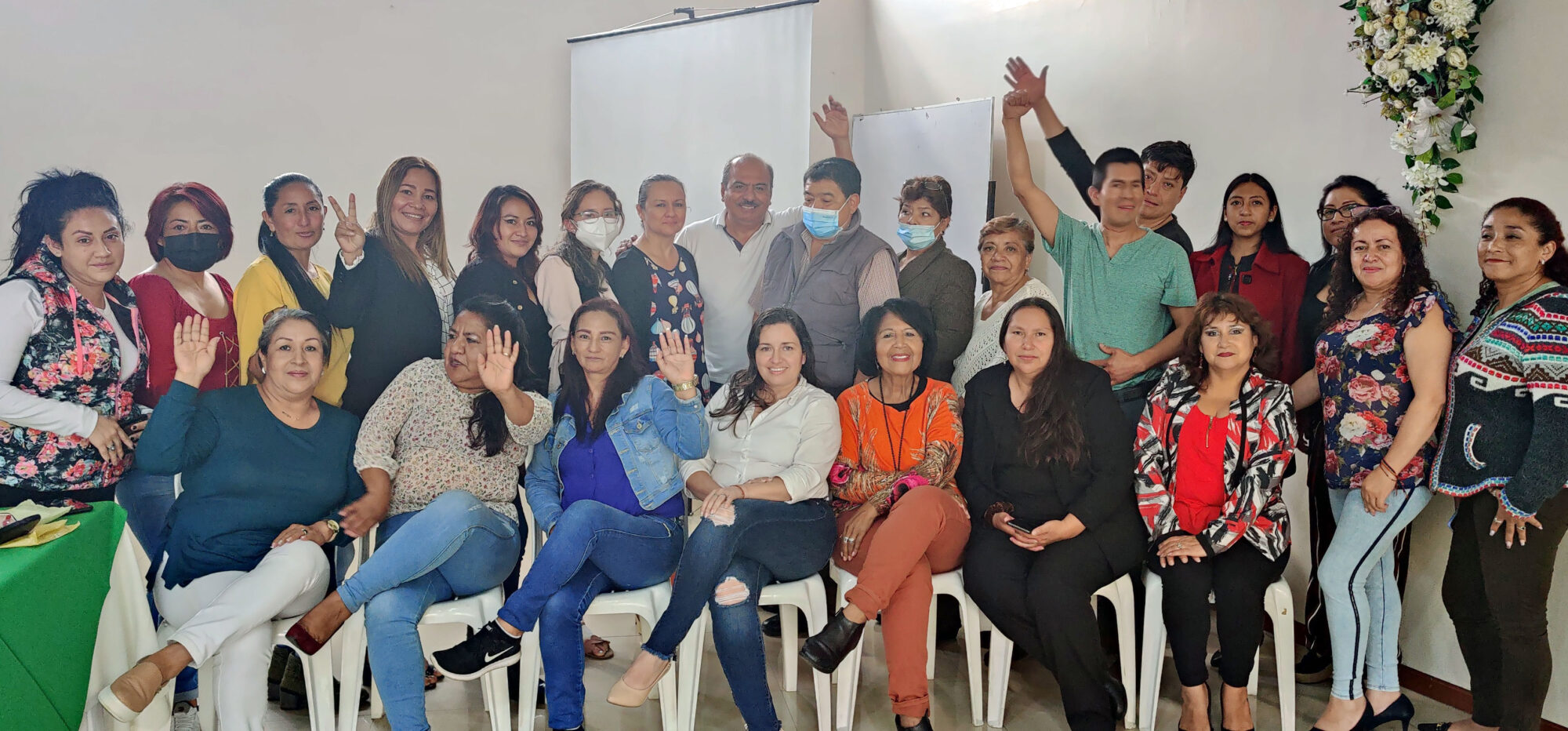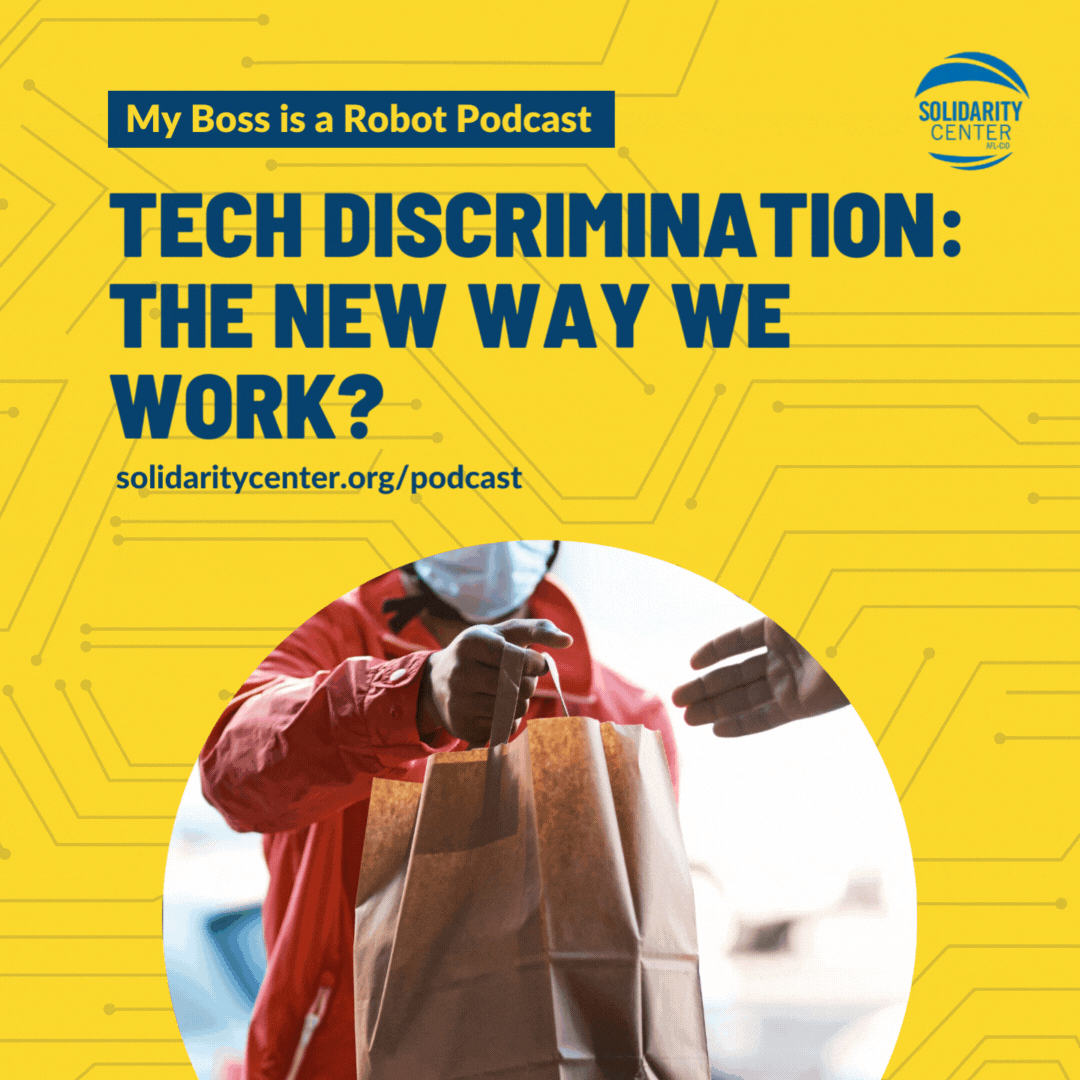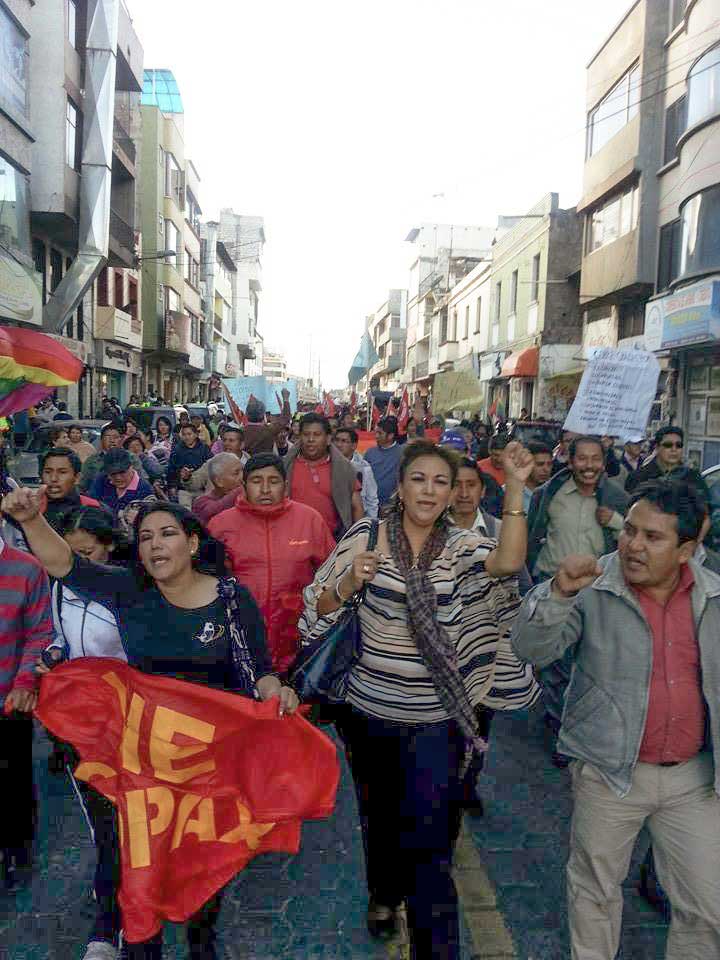Ride share drivers face many job-based hazards–and for women, the dangers are compounded by sexual harassment and other forms of violence. Women app-based workers also are disproportionately targeted by what law scholar Veena Dubal has termed "algorithmic...

Gender and Empowerment Workshop in Ecuador. Credit: Solidarity Center/Rosa Bastidas
Ecuador is emerging from 15 years of a weakening economy, debt accumulation and organizational disintegration and degradation resulting from policies and practices that, among other consequences, eroded collective bargaining rights and promoted divisions in the labor movement.
During the Covid-19 pandemic, the Ecuadorian government took emergency economic measures that curtailed workers’ protections, such as increased flexible labor contracting; short-term contracts for permanent work; arbitrary changes in work schedules, conditions and overtime compensation; and suspension of collective bargaining. This exacerbated an already untimely and ineffective legal recourse system to address worker rights abuses. These conditions significantly weaken trade unions’ ability to organize and represent workers and impede freedom of association and democratic participation in broader venues.
The Solidarity Center has focused on building trade union capacity to effectively represent workers, providing training and technical assistance in organizing, collective bargaining and public-policy advocacy. As a result, Ecuadorian trade unions have increased membership in both the private and public sectors, expanded collective bargaining coverage, and utilized legal dispute resolution mechanisms to press employers to comply with laws and judicial decisions. Solidarity Center programs led to the formation of the first trade union of digital platform workers and assisted them in formulating proposals for worker protections. Solidarity Center partners were key in achieving the ratification of ILO Convention 190 prohibiting workplace harassment and violence and negotiating the terms of workers’ return to the office.
The Solidarity Center is working with partners to increase union membership and ensure broad member inclusion, while coordinating with labor organizations to improve representation and build strong collective bargaining, social dialogue and advocacy. Through this process, the Solidarity Center will assist trade unions to advocate for implementation of ILO Convention 190 and to address the traditional underrepresentation of women in the workforce. The Solidarity Center is also supporting trade unions in building strategic relationships with academic institutions to develop and promote sound public-policy initiatives, including proposals for reform of labor law.
Exploitation by App–The New Way of Work?
If you work seven days a week, 12 hours a day and don’t make enough money to pay the bills, you can talk to your boss, right? Not if your boss is an app. "My Boss Is a Robot," a new series on The Solidarity Center Podcast, explores the challenges delivery drivers...
Ecuador: 20,000 Unionists, Allies Rally Against Repressive Laws
More than 20,000 trade union members and other Ecuadorans protested regressive government reforms in Quito, the capital, last week, with simultaneous marches in seven other cities. Those taking part in the rallies oppose proposed constitutional amendments, such as one...



